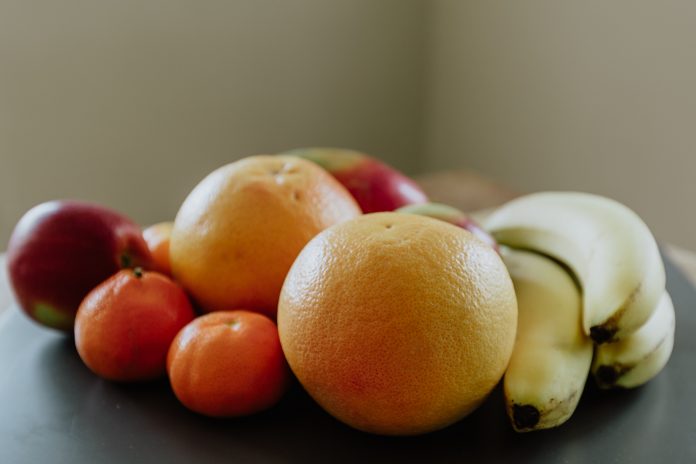Nutrition is vital to humans at any age. Nutrition is troublous for seniors due to the pain of arthritis, decreased range of motion, and other health conditions. These prevent them slicing and dicing fresh fruits and vegetables or getting their hands around the handle of a pan. What foods should seniors eat and avoid in order to remain healthy and vital?
To Eat
Nutrition benefits the body at all ages. Foods in youth help the body to grow properly. Food prevents disease and is the basis of good health for adults. In age, food helps to prevent disease and keep the mind clear and healthy. To that end, seniors should eat these.
Fiber
Fiber keeps the gastrointestinal tract working and prevents inflammation, one of the enemies of seniors. Eat a lot of apples, bananas, citrus fruits, lentils, peas, berries, and oats. Eat Brussels sprouts, squash, sweet potatoes, white potatoes, cauliflower, corn, and carrots. Seniors should eat about 30 grams of fiber per day.
B12
Stomach acid allows vitamin B12, the oil of the metabolism and nervous system, from foods into the bloodstream. As the body ages, stomach acid decreases which prevents B12 being processed. Seniors should consume four pounds daily of foods high in B12 such as animal meats, seafood, eggs, and dairy as well as fortified cereals. Your doctor can also give you supplements.
Potassium And Calcium
Certain nutrients are more important as we age. Potassium lowers blood pressure and decreases risk of stroke and heart attack. Bananas and avacodoes are good sources of potassium. Seniors need 4,700 mg of potassium per day.
The organs, bones, and teeth need calcium for optimal health. Some source of Vitamin D is vital to the body so it can absorb the calcium. Most seniors don’t get outside for 15 minutes each day to get the dosage of D they need. Eating Vitamin D enriched foods and supplements is one answer.
Foods rich in calcium include dairy products, dark leafy greens like spinach, broccoli, oranges, okra, peas, beans, and lentils, almonds, and sesame seeds. Seniors should eat 1,200 mg each day of calcium rich foods.
To Avoid
Preservatives, additives, and other harmful things are not usually listed on food labels. Manufacturers are allowed to hide them behind words like “healthy” and “organic.” In order to avoid foods harmful to seniors, they’ll need to avoid certain foods such as:
Unpasteurized Foods
Most supermarket offerings are pasteurized these days, but there are farms from which some seniors might obtain unpasteurized dairy products. While pasteurization does kill bacteria, it also kills necessary nutrients. The products are then fortified with these nutrients like Vitamin D for example. Seniors should only buy pasteurized dairy products and fruit juices.
Soft Cheese
Soft cheeses are rarely pasteurized and are left at room temperature during shipment and storage. This allows bacteria into the cheese which could give seniors food poisoning. Seniors should stick to hard pasteurized cheeses.
Inflammatory Foods
Inflammation isn’t good at any age, but as seniors age, inflammation makes movement very painful. Foods containing lectins foster inflammation, toxins in the nervous and immune systems, and disrupts the endocrine system. Lectin is found in foods like corn, meat from corn fed animals, whole milk (corn in the feed,) and peanuts, cashews, and some soybeans that are unfermented.
Other foods containing these digestive tract troublemakers include zucchini lectins along with other gourd products like squash and pumpkin, beans and peas in pods, whole grains, and tomatoes, potatoes, and bell peppers.
Conclusion
Many seniors today are tech-savvy and know how to research what they need. They know, for example, the health consequences of eating non-organic or processed foods. They understand the nuances of healthy cooking oils and wild caught fish, for example. We hope this list of things to eat and to avoid helps seniors remain healthy and happy for a long time.
Image Credit
Christine Wehrmeier























